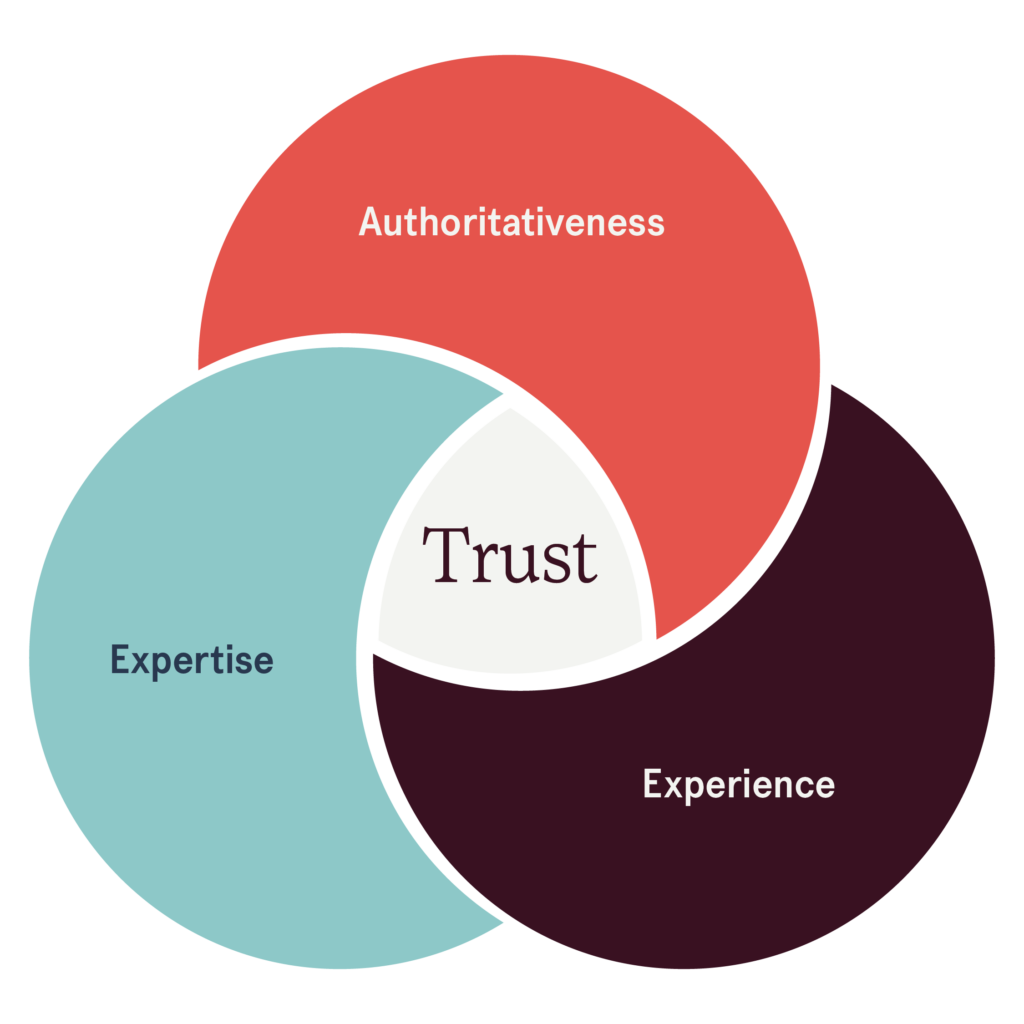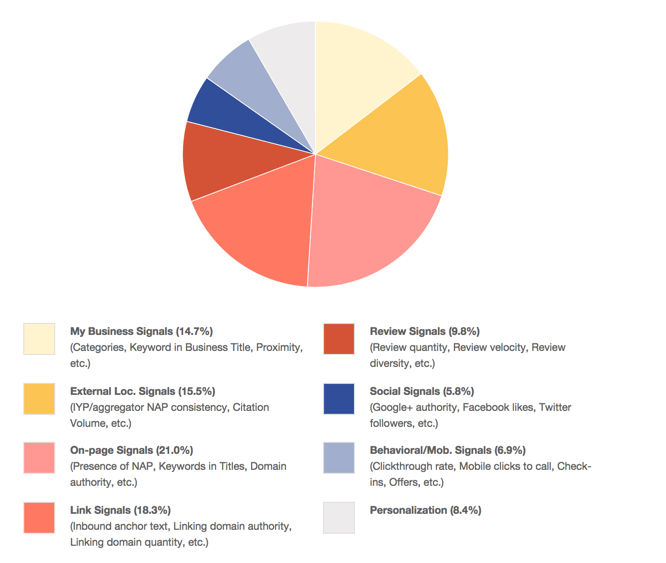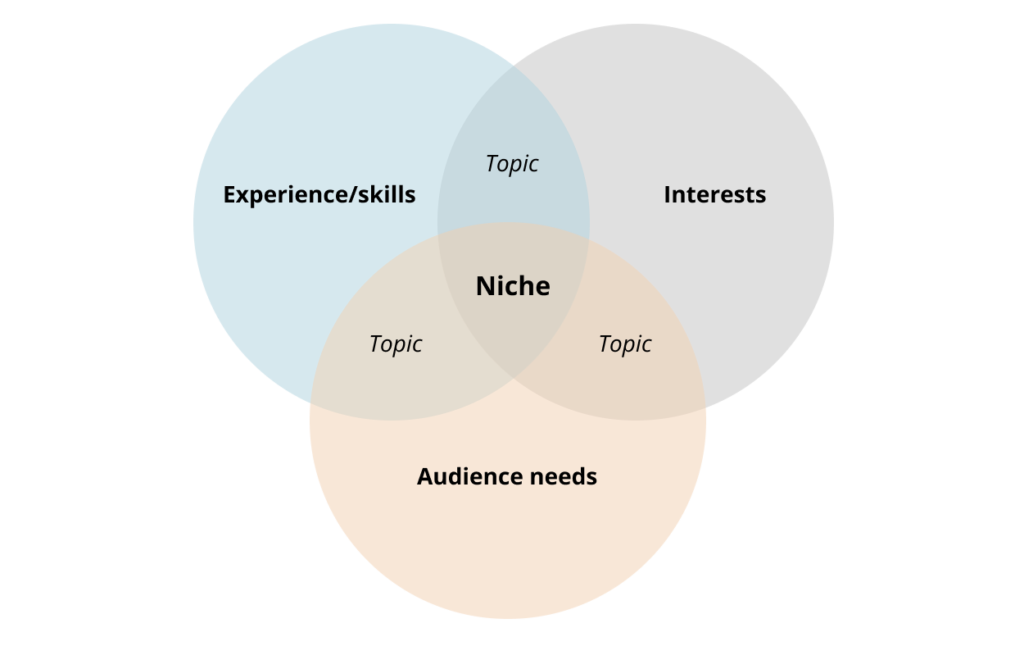EEAT: The Future of SEO and Content Optimization
In the ever-evolving world of digital marketing, staying ahead of the game is crucial for success. As search engines refine their algorithms, the landscape of SEO and content optimization is constantly changing. The latest trend gaining significant traction is EEAT – Expertise, Authoritativeness, and Trustworthiness. Gone are the days when keyword stuffing and backlinks were enough to rank high in search engine results. Today, search engines like Google are placing greater emphasis on the quality and credibility of content.
EEAT focuses on establishing expertise, building authority, and gaining the trust of both search engines and users. By creating high-quality, authoritative content that caters to the needs and interests of the target audience, businesses can enhance their online visibility and drive organic traffic to their websites. In this article, we will delve deeper into the concept of EEAT and explore how it is shaping the future of SEO and content optimization. So, let’s dive in and discover the strategies needed to thrive in this new digital marketing era.
Understanding E-A-T: Expertise, Authoritativeness, and Trustworthiness

To truly grasp the concept of EEAT, it is essential to understand its core components: expertise, authoritativeness, and trustworthiness. Expertise refers to the knowledge and skill set possessed by individuals or businesses in a particular field. It is crucial to demonstrate expertise through well-researched and accurate content that provides valuable insights to the target audience.
Authoritativeness is the perception of credibility and influence that a website or content source holds. This can be achieved through various means such as acquiring high-quality backlinks from reputable websites, earning endorsements from experts in the industry, and establishing a strong social media presence.
Trustworthiness is the foundation of EEAT. It is built on transparency, reliability, and ethical practices. Websites that prioritize user privacy, provide accurate information, and maintain a positive user experience are more likely to gain the trust of both search engines and users.
The role of content optimization in improving EEAT
Content optimization plays a pivotal role in improving EEAT. By creating content that is both SEO and conversation-optimized, businesses can enhance their expertise, authoritativeness, and trustworthiness. Keyword research, on-page optimization, and metadata optimization are some of the key elements of content optimization that contribute to higher search engine rankings.
However, it is important to strike a balance between optimization and user experience. Keyword stuffing and other black-hat SEO practices may lead to short-term gains but can have detrimental effects on EEAT in the long run. Instead, businesses should focus on creating valuable and engaging content that satisfies the needs of the target audience while incorporating relevant keywords naturally.
Key factors that influence EEAT in search engine rankings

Several factors influence EEAT in search engine rankings. One of the most important factors is the quality and relevance of the content itself. Search engines evaluate the depth of knowledge, accuracy, and uniqueness of the content to determine its expertise.
Another crucial factor is the website’s backlink profile. High-quality backlinks from authoritative websites signal to search engines the authority and credibility of the content source. Social proof, such as endorsements from industry experts and positive user reviews, also contribute to building authoritativeness.
Trustworthiness is influenced by factors such as website security, privacy policies, and user feedback. Websites that prioritize user safety, provide transparent information, and address user concerns are more likely to gain the trust of search engines and users.
Building expertise in your niche through content creation

One of the fundamental strategies to improve EEAT is to build expertise in your niche through content creation. By consistently publishing well-researched, informative, and valuable content, businesses can establish themselves as industry leaders.
Start by identifying the key topics and themes that resonate with your target audience. Conduct thorough research to gather accurate and up-to-date information. Craft your content in a way that provides comprehensive insights, answers common questions, and addresses the pain points of your audience.
Ensure that your content reflects your expertise by citing reliable sources, using data and statistics, and presenting information in a clear and concise manner. Incorporate relevant keywords naturally to optimize your content for search engines without sacrificing the quality and readability of your content.
Establishing authority through backlinks and social proof
Building authority is a critical aspect of EEAT. Backlinks, especially from reputable and authoritative websites, are a powerful signal to search engines that your content is trustworthy and valuable. Actively seek opportunities to acquire high-quality backlinks through guest blogging, partnerships, and collaborations with industry influencers.
Social proof is another effective way to establish authority. Seek endorsements from experts in your industry, feature testimonials from satisfied customers, and showcase awards or recognition that your business has received. Engage with your audience on social media platforms and build a strong online community to further enhance your authority.
Gaining trustworthiness through transparency and user feedback
Trustworthiness is the cornerstone of EEAT. To gain the trust of search engines and users, it is essential to prioritize transparency and user feedback. Be transparent about your business practices, data collection policies, and the sources of information used in your content.
Implement user-friendly privacy policies, secure browsing protocols, and data protection measures to ensure the safety and trust of your users. Actively encourage and respond to user feedback, address concerns, and demonstrate your commitment to providing accurate and reliable information.
The importance of user experience in enhancing EEAT
User experience is a vital component of EEAT. Search engines prioritize websites that offer a seamless and positive user experience. Factors such as website speed, mobile responsiveness, intuitive navigation, and engaging design contribute to a better user experience.
Create a website that is easy to navigate, visually appealing, and optimized for different devices. Implement clear and concise content formatting, use headers and subheadings to organize information, and incorporate multimedia elements to enhance engagement.
Ensure that your website loads quickly and is accessible to users with disabilities. Prioritize user-centric design and usability testing to continuously improve the user experience and gain the trust of search engines and users alike.
Tools and techniques for optimizing content for EEAT
Several tools and techniques can help optimize content for EEAT. Keyword research tools such as SEMrush, Moz, and Google Keyword Planner can help identify relevant keywords with high search volumes and low competition.
Content management systems like WordPress offer plugins and features that simplify on-page optimization, metadata optimization, and content formatting. These tools enable businesses to optimize their content for search engines while maintaining a seamless user experience.
Google Analytics and Google Search Console provide valuable insights into website performance, user behaviour, and search engine visibility. Analyzing these metrics can help identify areas for improvement and fine-tune content optimization strategies.
Future trends in SEO and content optimization driven by EEAT
As search engines refine their algorithms, the future of SEO and content optimization is inevitably shaped by EEAT. The focus on expertise, authoritativeness, and trustworthiness will only intensify, making it essential for businesses to adapt and prioritize these aspects in their digital marketing strategies.
The rise of voice search and mobile usage will also impact SEO and content optimization. Businesses will need to optimize their content for voice queries, ensure mobile responsiveness, and provide a seamless user experience across different devices.
Artificial intelligence and machine learning will play a significant role in content optimization. These technologies can analyze user behaviour, personalize content recommendations, and provide valuable insights into user preferences and interests.
Integrating augmented and virtual reality into digital marketing will offer new avenues for engaging and immersive content experiences. Businesses that embrace these technologies and create innovative, interactive content will stand out in an increasingly competitive online landscape.
Conclusion: Embracing EEAT for long-term SEO success
n conclusion, EEAT – Expertise, Authoritativeness, and Trustworthiness – is revolutionizing the world of SEO and content optimization. Businesses that prioritize the creation of high-quality, authoritative content, establish expertise in their niche and gain the trust of search engines and users will thrive in this new era of digital marketing.
By optimizing content for EEAT, businesses can enhance their online visibility, drive organic traffic, and establish a strong online presence. Embrace the strategies and techniques discussed in this article, keep an eye on the latest trends, and continuously adapt your digital marketing efforts to stay ahead of the game.
The future of SEO and content optimization is driven by EEAT. Are you ready to embrace it?


